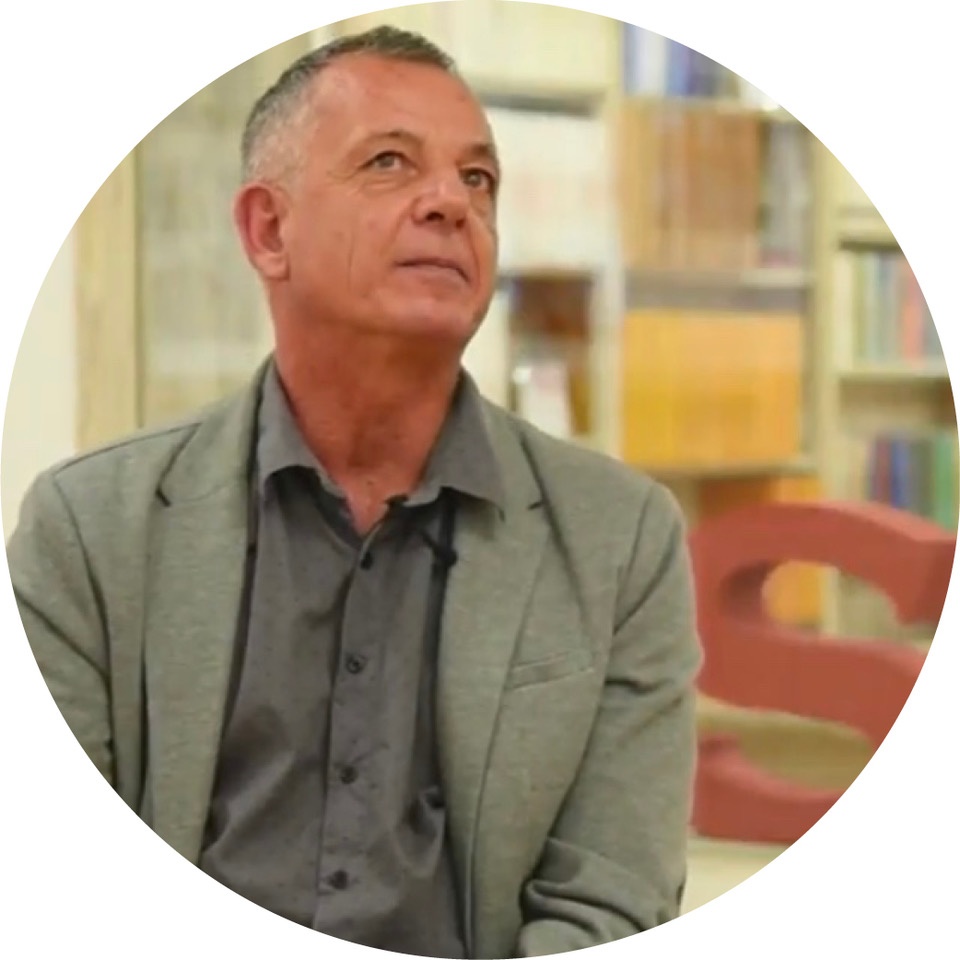Developing Participatory Spaces using a Multi-stage, Multi-level, Multi-mode, Multi-lingual, Dynamic Deliberative approach (M4D2) – EUCOMMEET
The EUComMeet project explores under which conditions deliberation and representation can be an effective “response to the challenges besetting liberal representative democracies.” To do so, EUComMeet (a) experiments ways of systematically embedding deliberative practices and institutions in the multilevel system of governance and representation of the European Union; and (b) explores how deliberation and participation can help reduce polarisation, strengthen European identity, encourage inclusiveness, foster citizens’ reflectivity and narrow the representative gap between policymakers and citizens. To address these two goals EUComMeet:
- Bring together a nine-partners consortium composed of leading academic experts; organisations with a vast experience in deliberative and participatory practices in Europe; the methodological experience of third-parties and a wide set of societal actors and stakeholders.
- Adopt a proactive research strategy to develop viable solutions to improve the democratic practice in three stages: (1) Lessons Learned (i.e. the understanding phase); (2) Fill the gap (i.e. the connecting phase between understanding and design of participatory spaces,); and (3) Make it Happen (i.e. the implementation of events based on the proposed design).
- Contribute to the democracy research area with in-built connections to policy-making to design novel Participatory Spaces that include citizens, policy makers and stakeholders during the project’s run-time. These Participatory Spaces will be based on an innovative M4D2 (Multi-stage, Multi-Level, Multi-Mode, Multi-Lingual and Dynamic Deliberative) approach conceived as a flexible, interactive, easy-to-use and scalable up model for deliberative processes, integrated with innovative technology related to automated moderation and automated translation in multiple languages to be implemented in 5 countries (France, Germany, Ireland, Italy and Poland).
The project, leaded by Pierangelo Isernia in the Department of Social Political and Cognitive Studies at Universitá degli Studi di Siena, will be conducted over 3 years starting 2021. The consortium includes: Agencia Estatal Consejo Superior de Investigaciones Cientificas (ES), Åbo Akademi University (FI), University of Warsaw (PL), Dublin City University (IR), Tour4EU (BE), University of Stuttgart (DE), Missions Publiques (FR) and Université Paris 8 Vincennes Saint-Denis (FR). Joan Font, leading the CSIC team (Ernesto Ganuza, Sara Pasadas del Amo and Juan Antonio Domínguez Álvarez) will be in charge of WP8). The main objective of this work package is to understand and facilitate the effective contribution of policy proposals coming out of our deliberative processes. To do so, research will focus on the two main actors concerned: policy makers and citizens.
Components
Joan Font Fàbregas
Lead Researcher
Joan Font conducts research in the areas of democratic innovations and citizen preferences towards institutional reforms.
Read More »Juan Antonio Domínguez
Statistician, expert in survey methodology for social research. Designs and implements CAPI, CATI and CAWI management modes.
Read More »
